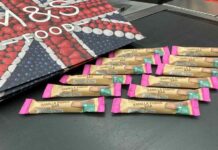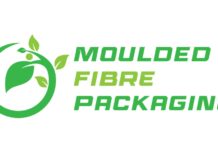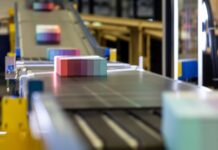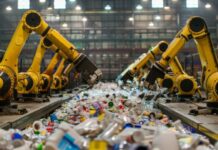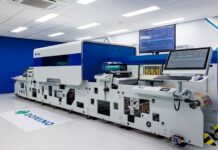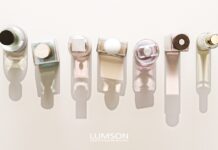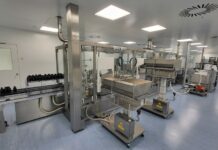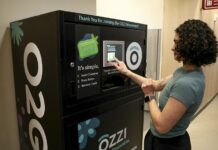CarbonLITE, a food-grade rPET producer, has selected Starlinger’s PET recycling lines to enhance its production capabilities.
Starlinger will provide recoSTAR PET recycling lines for CarbonLITE’s site in Pennsylvania at the end of this year.
CarbonLITE had already installed Starlinger recycling lines at its facilities located in Riverside and Dallas.
The recoSTAR PET recycling, which will be installed at Pennsylvania facility, will have a combined throughput of 5.4 metric tons per hour. They will be used to process the washed and sorted flakes into food-grade rPET.
CarbonLITE will also use the PET recycling lines to cover the whole range of PET material streams ranging from clear PET flakes and colored flakes to the recycling of PET fines.
Starlinger recycling technology commercial head Paul Niedl said: “With the first two installations in California and Texas, we have earned CarbonLITE’s trust in our technology.”
CarbonLITE’s new facility will hold capacity to convert more than two billion post-consumer bottles.
The company is planning to start the full production at the new facility in Pennsylvania in early 2020.Pennsylvania plant will help CarbonLITE to increase its total number of bottles recycled up to six billion per year.
The new facility will allow CarbonLITE to better serve its major beverage producers in the region. It will also allow brand owners to increase their use of recycled materials and reduce the carbon footprint of their beverage bottles.
In November 2018, CarbonLITE announced the construction of third facility in the Lehigh Valley area of Pennsylvania, in a bid to expand its US operations.
The agreement with Nestlé Waters North America has enabled CarbonLITE to build the facility in the region.
The new 200,000ft² processing facility is expected to curb around 60,000 tons of carbon through using post-consumer materials and produce 80 million pounds per year of food-grade rPET pellets.
CarbonLITE is specialized in processing used plastic bottles into bottle-grade PET resin flakes and pellets, which can be used to produce new plastic beverage bottles and other products.






